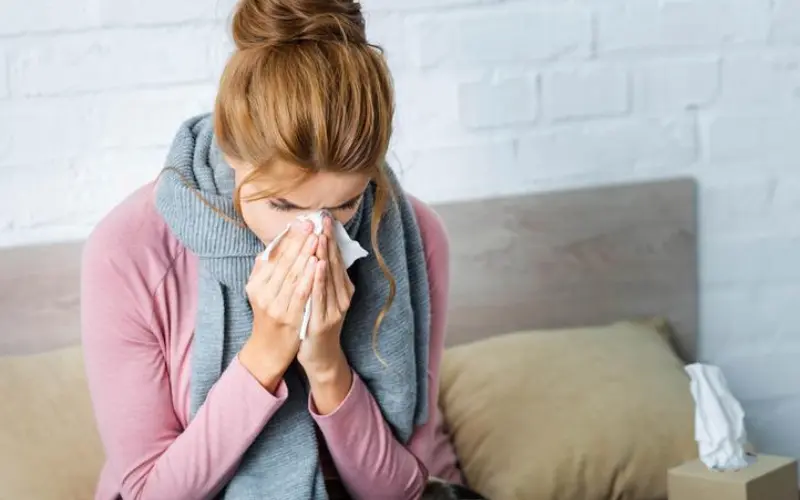Seasonal flu symptoms affects on average two to six million people in united states each year and is responsible for an average of 9,000 deaths each year (more than 90% of deaths are observed in people aged over 65). In united states, vaccination against seasonal flu is recommended for people aged 65 and over, people at risk of severe or complicated flu, including children from the age of 6 months, and for professionals in regular and prolonged contact with people at risk of severe form of influenza.
Revision of the seasonal flu symptoms influenza vaccination
Several European and non-European countries recommend influenza vaccination in healthy children and/or adolescents, to limit their contribution to the transmission of seasonal influenza. In this context, the Directorate General of Health (DGS) contacted the HAS in January 2022 to assess the benefit of extending vaccination against seasonal flu to children without comorbidity.
The objective of this work was to evaluate the relevance of integrating an annual vaccination against seasonal influenza into the vaccination schedule in all infants, children and adolescents (i.e. between 6 months and 17 years of age).
HAS took the following elements into consideration:
- The burden of influenza in united states;
- Vaccination coverage of people at risk;
- The availability in united states of vaccines against seasonal flu;
- Available data on the effectiveness of seasonal flu vaccines;
- Data from quantitative modeling of the expected impact;
- Data from the literature relating to the observed impact;
- Economic evaluations relevant to the French situation regarding the vaccination of children without comorbidity;
- The tolerance and safety of available vaccines;
- Tolerance and safety data from the literature;
- Available data regarding parental acceptability of seasonal flu vaccination;
- Available data concerning the impact of iterative vaccinations on vaccine effectiveness;
- International vaccination recommendations.
- The results of the public consultation
At the end of its evaluation, the HAS recommends that vaccination against seasonal flu can be offered each year to children without comorbidities aged 2 to 17, without it being made compulsory. In this age group, the HAS recommends preferential use of the vaccine administered intranasally Fluenz Tetra, given the better acceptability of this vaccine in children due to the non-use of a needle. In the event of unavailability of this vaccine, the HAS reminds that the four other influenza vaccines (Fluarix Tetra, Vaxigrip Tetra, Influvac Tetra, Flucelvax) which have a marketing authorization (AMM) in children can be used.
To support the deployment of this vaccination, the HAS recommends that information materials be developed adapted to the various health professionals involved in this vaccination (doctors, nurses, pharmacists, midwives, etc.) and to the general public, particularly in school environment.
Below the age of 2 years, the HAS considers that the integration of this vaccination into the vaccination schedule raises questions of acceptability and recalls that the data available in this age group on the effectiveness of the influenza vaccination remain limited and do not allow conclusions to be drawn on the expected benefits in children without comorbidities under 2 years of age.
HAS reminds that vaccination against seasonal flu is recommended every year from 6 months for people at risk of severe or complicated flu and in particular for pregnant women (regardless of the trimester of pregnancy) and those close to them. infants under 6 months of age with risk factors for serious influenza (people residing under the same roof, childminders, healthcare professionals and people in regular contact with the infant).
This vaccine recommendation will be reviewed based on the evolution of available knowledge, particularly with regard to new long-term use data on effectiveness and safety and the availability of new vaccines.
Also read:- Rodney Alcala: the story barely believable serial killer who inspired the film A Woman at Play on Netflix

